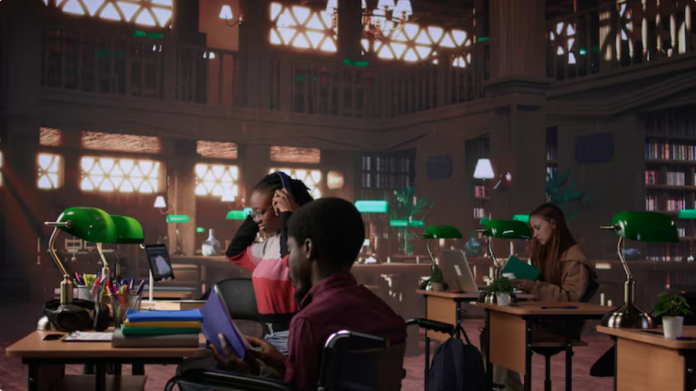When we talk about entertainment, we often think of movies, music, or sports. Yet games—whether on a board, in a hall, or on a screen—have always been a vital part of how humans relax, connect, and even learn. In fact, games are often described by anthropologists as “social laboratories,” places where people test luck, strategy, and community in miniature form.
In the Philippines, this laboratory has taken many shapes: from bingo nights at fiestas to online platforms accessible by anyone with a smartphone. The transformation illustrates not just technological progress, but the deeper ways in which games adapt to law, culture, and psychology.
From Ancient Dice to Digital Platforms
History shows that games never really disappear; they evolve. Dice carved from animal bones have been found in Mesopotamia, suggesting humans have been testing their luck for at least 5,000 years. Card games spread from China to Europe, taking on cultural flavors wherever they landed. And in 16th-century Italy, a lottery game gave rise to what we now recognize as bingo.
In the Philippines, bingo became embedded in local life. Community gatherings, charity events, and family reunions often featured it. The modern adaptation is platforms like BingoPlus, which digitize these traditions without erasing their social essence.
Gambling and the Law: The Constant Tension
Everywhere that games of chance have flourished, law has followed close behind. Ancient Rome imposed restrictions on dice, yet soldiers still played in camps. In medieval England, laws limited who could participate in games, fearing they distracted from work and military readiness.
The Philippines has seen a similar pattern, balancing cultural practice with legal oversight. The Philippine Amusement and Gaming Corporation (PAGCOR) regulates online platforms, ensuring transparency and consumer protection. Its decision in 2022 to license online bingo was more than administrative—it acknowledged the place of digital platforms within everyday entertainment. The law, in this case, caught up with the reality of play.
The Science of Play: Why It Works
Psychologists studying play point to the role of dopamine in the brain’s reward system. Each moment of uncertainty—waiting for the next ball to drop or number to be called—creates a surge of anticipation. This cycle of suspense and reward explains why games are so compelling.
But science also reminds us that play is not purely individual. It is social. Shared laughter, mutual suspense, and collective celebration all trigger emotional benefits. Online platforms extend these dynamics, proving that even in virtual spaces, humans crave community.
Rewards as Social Glue
Beyond winning, modern platforms have introduced structured reward systems that mirror age-old community recognition. BingoPlus APP exemplifies this trend, creating milestones and incentives that keep participation meaningful.
This concept isn’t new. Historically, communities rewarded not only winners but also those who took part—through applause, tokens, or shared food. Online rewards systems formalize this cultural instinct, ensuring that players feel acknowledged regardless of outcome.
Entertainment as Reflection
Entertainment doesn’t exist in isolation; it reflects the values of its time. In the digital era, accessibility and interactivity are central. People want experiences that are immediate yet communal, technologically advanced yet culturally familiar.
This explains why bingo thrives online in the Philippines. It carries deep cultural associations while embracing the demands of a fast-paced, mobile-first society. The digital glow may be modern, but the feelings it generates—anticipation, laughter, connection—are timeless.
Looking Ahead: Tradition Meets Innovation
The future of play will likely integrate virtual reality, AI personalization, and immersive environments. Yet history suggests that no matter how sophisticated games become, their essence will remain grounded in tradition. They will continue to balance law and culture, science and community, excitement and belonging.
From ancient dice rolls to digital bingo halls, the story of play reminds us of something fundamental: humans have always needed spaces where chance and community meet. These spaces evolve, but the human desire behind them remains constant.
For more perspectives on how games, law, and culture intersect in today’s digital entertainment, Click here to explore further.

